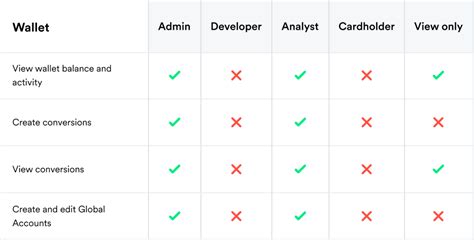The Role of Wallet Addresses in Cryptocurrency Transactions
Cryptocurrencies, such as Bitcoin and Ethereum, have revolutionized the way people think about money and financial transactions. One of the key aspects of these digital currencies is the wallet address, a unique identifier that enables users to store, send, and receive cryptocurrency funds. In this article, we’ll delve into the role of wallet addresses in cryptocurrency transactions and explore their implications on the industry.
What are Wallet Addresses?
A wallet address is a string of characters that serves as a digital address for a specific cryptocurrency. It’s usually a combination of letters and numbers that can be used to receive or send cryptocurrency funds. Each cryptocurrency has its unique set of wallet addresses, which vary from one exchange to another. For example, Bitcoin uses the standard Bitcoin address, while Ethereum uses the Ethereum address.
Why are Wallet Addresses Important?
Wallet addresses play a crucial role in facilitating cryptocurrency transactions. Here’s how:
- Security: Wallet addresses are unique and difficult to guess. This ensures that users can securely store their cryptocurrency funds without worrying about unauthorized access.
- Transparency: Wallet addresses provide a clear record of who has control over the funds, making it easier for users to track their cryptocurrency transactions.
- Interoperability: Different cryptocurrencies have different wallet addresses, allowing users to seamlessly switch between them.
How do Wallet Addresses Function?
Wallet addresses work as follows:
- Creating a new address: Users create a new wallet address by typing in a unique string of characters.
- Storing cryptocurrency funds: Users store their cryptocurrency funds in the selected wallet address.
- Sending funds: When users want to send funds, they use their wallet address to initiate a transaction on an exchange or through another user’s wallet.
- Receiving funds: The recipient receives the funds and updates their wallet address to reflect the new balance.
Types of Wallet Addresses
There are several types of wallet addresses:
- Public keys: Public keys, such as those found in Bitcoin wallets, identify a specific user or exchange account.
- Private keys: Private keys, like those used by Ethereum users, allow for secure access to cryptocurrency funds.
- Seed phrases: Seed phrases, used for generating new wallet addresses, are an alternative to public and private keys.
Security Concerns
While wallet addresses provide robust security features, there are still risks associated with them:
- Phishing attacks: Scammers can trick users into revealing their wallet passwords or PIN numbers.
- Hacking: Hackers can gain access to a user’s wallet address by exploiting vulnerabilities in the system.
- Key compromise: If a hacker gains control over a private key, they can access and manipulate the corresponding funds.
Best Practices for Managing Wallet Addresses
To minimize security risks:
- Use strong passwords: Use unique and complex passwords for each wallet account.
- Enable two-factor authentication (2FA)
: Add an extra layer of security by requiring a second form of verification, such as a code sent to your phone or a biometric scan.
- Keep software up-to-date: Regularly update wallets and exchanges to ensure you have the latest security patches.
Conclusion
Wallet addresses are at the heart of cryptocurrency transactions, providing a secure, transparent, and interoperable way for users to manage their digital assets. By understanding how wallet addresses work and taking steps to protect them, individuals can confidently use cryptocurrencies in everyday life.

